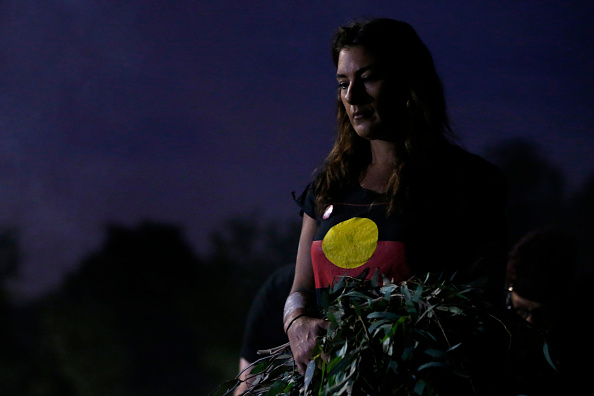A panel of Indigenous professors, politicians, authors and activists have spoken of the shared trauma of colonisation, child removal, custodial deaths, and cultural genocide while identifying truth telling as a pathway to peace in an online forum on Monday (22 June).
The forum was supported by Australia at Home – a joint initiative of the Community Council for Australia and Centre for Australian Progress – to encourage online civic engagement during the challenging era of COVID-19.
The conversation was facilitated by Professor Larissa Behrendt AO, a Eualeyai/Kamillaroi woman and legal academic, who said the forum “couldn’t be more timely” given the current scrutiny on racial inequality across the globe.
The conversation centred on the Aboriginal concept of ‘Makarrata’ which means peace after dispute – a term which has been linked to various treaty proposals since the first National Aboriginal Conference in 1977.
The new Greens Senator-Elect for Victoria and Gunnai-Kurnai and Gunditjmara woman, Lidia Thorpe, said her family had been talking about a treaty all of her life and she believed it was a necessary step for the maturity and identity of the nation.
“I sit here on the stolen land of the Wurundjeri people,” she said. “We are the only Commonwealth country without a treaty.
“Treaty would be a mechanism to end this injustice and an opportunity to celebrate our identity.
“It would be a true process and an end to a war that is still going on and needs to end.
“It could be a beautiful conversation,” Ms Thorpe said.
Amnesty International Indigenous rights adviser and Palawa man, Rodney Dillion, spoke of the vacuum of leadership left after Kevin Rudd’s 2008 apology to the stolen generation.
Mr Dillion said he was in Canberra for the “important historical moment” and saw Aboriginal people cry as the Australian Government finally accepted the truth.
“I think a lot of Aboriginal people thought we were going forwards,” he said. “But since then, no leaders have stood up and we’ve gone backwards.”
Mr Dillion said institutional racism had “gotten worse” and was allowed by leaders in every corner of the land, but there was widespread support for change for legislation to address Indigenous incarceration rates.
“Our kids are more likely to be locked up and locked up younger,” he said.
“We’re 3% of the population but 28% of the prison population.
“No child under the age of 14 should be in prison; they should be in a diversion program and get to become better people in the community.
“A lot of kids get caught up in the system at that age, juvenile justice becomes their apprenticeship and eventually they end up in the adult system.
“It’s the quicksand of crime.”
Bunurong and Yuin man and author of Dark Emu, Bruce Pascoe, said colonial British rulers had justified taking land away from Indigenous people across the globe as a service rather than a penalty, believing them to be savages without spirituality, economy or work ethic, and it was important for Australians to learn the facts and deliver justice.
“We will advance as a nation once we admit the full history,” Mr Pascoe said.
“Attitudes are shifting rapidly – not in parliament but among the public.
“Change is afoot, but momentum doesn’t last forever; until it’s law it’s just sentiment and we can’t rely on sentiment.”
Mr Pascoe said it was important to remember the vested interest of keeping the status quo of colonial Australia because the far right was closely aligned to big money including miners and financial capitalists.
“They want to keep Aboriginal people without a voice in case they ask for a treaty, reparations or land,” he said.
“We need to water down the nastiness of the extreme right and extreme left and enlist the support of good-hearted Australians.
“Find a fair-minded politician, they do exist, and ask them to stand up in parliament and be counted.”
For more news stories:
- Canberra businesses defy COVID-19 restrictions over weekend
- ACT Health leading the way in pandemic response
- Half of light rail network to close temporarily
- CIT Automotive Refinishing apprentices beat away at course work
- Nearly half of Canberrans lax with smoke alarms, study finds
- Sporting action set to kick off at GIO Stadium Canberra



